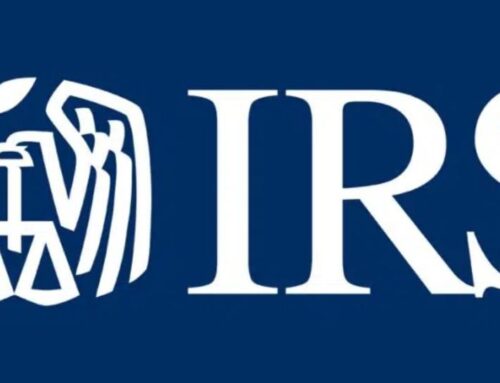On March 27th, President Trump enacted the Coronavirus Aid, Relief, and Economic Security (CARES) Act. The historic $2.2 trillion stimulus bill contains a variety of modifications to key business tax provisions, such as regulations regarding Net Operating Losses.
Below, we address some of the common questions regarding these tax law modifications. If you cannot find the answer to your question, please do not hesitate to reach out to your FIRM accounting advisor for further assistance.
What did the CARES Act change about net operating losses (NOLs)?
Under the 2017 Tax Cuts and Jobs Act (TCJA), NOLs were made subject to a taxable-income limitation of 80% and were not allowed to be carried back (a tactic used to reduce income in a prior year). The CARES Act relaxed the limitations imposed by the TCJA. It made two key changes:
- Allows NOLs incurred in 2018, 2019, and 2020 to be carried back five years.
- Temporarily lifts the 80% of taxable income limitation for tax years beginning before January 1, 2021.
Therefore, corporate taxpayers may now use NOLS to fully offset taxable income for the 2018, 2019, and 2020 tax years.
What about NOLs carried forward from 2018, 2019, or 2020 to taxable years beginning after December 31, 2020?
These NOLs will be subject to the 80% of taxable income limitation.
Does this apply to real estate investment trusts (REITs)?
No, taxpayers that are REITs for a given tax year may not carry back NOLs to any preceding tax year. Additionally, any NOLs incurred during a year when a taxpayer is not a REIT may not be carried back to years when the taxpayer was a REIT.
What did the CARES Act change about excess business losses?
Under the TCJA, the deductions attributable to a trade or business for noncorporate taxpayers were capped at the amount of the income or gain attributable to that trade or business for the tax year plus $250,000 (for individuals filing jointly, $500,000). The deduction cap was created for tax years beginning after December 31, 2017 and before December 31, 2026.
The CARES Act lifted the deduction cap for tax years beginning in 2018, 2019, and 2020. This means that noncorporate taxpayers are no longer subject to the deduction threshold for those years. Additionally, for tax years beginning in 2021 through 2026, these taxpayers are allowed to treat excess business losses as NOLs.
What did the CARES Act change about the limitation on deductibility of business interest?
For tax years beginning in 2019 and 2020, the CARES Act increased the business interest expense limitation to 50% of adjusted taxable income (up from 30% as set by the TCJA). Taxpayers may now choose to deduct business interest expense up to 50% of their adjustable taxable income.
Does the limitation increase apply to partnerships as well?
While the increased limitation does not apply to partnerships for the 2019 tax year, those who allocated excess business interest in that year will be treated as having fully deductible business interest in the following tax year equal to 50% of the allocated excess business interest amount.
What did the CARES Act change about the corporate alternative minimum tax (AMT)?
The TCJA eliminated the AMT and included a provision allowing corporations to recover AMT credits in years 2018 to 2021. The CARES Act allows corporations to accelerate the recovery of the corporate AMT for years 2018 and 2019. Corporations can choose to recover the entire amount of refundable AMT credits in the first tax year beginning in 2018. Applications for this accelerated recovery must be filed before December 31, 2020.
What did the CARES Act change about qualified improvement property (QIP)?
QIP is any improvement to an interior portion of a building that is nonresidential real property. The CARES Act includes a key technical correction to an oversight in the TCJA. It reduces the depreciation window of QIP from 39 to 15 years and makes the change retroactive to January 1, 2018. This allows businesses to expense costs associated with interior improvements on nonresidential real property through bonus depreciation, rather than straight-line depreciation.


